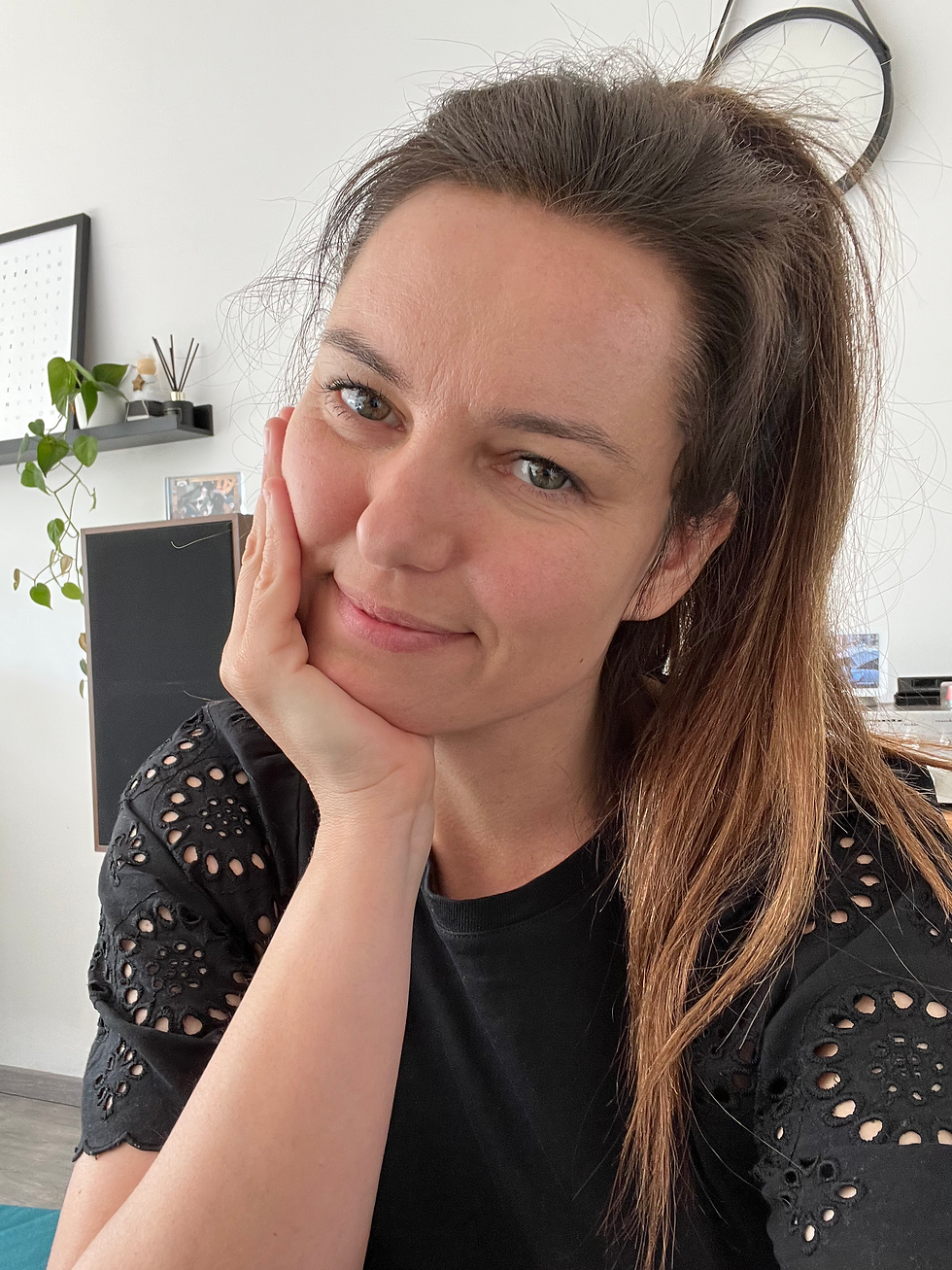We don’t see things as they are; we see things as we are.
- Kelly Maes
- Jun 3, 2024
- 3 min read
Updated: Aug 25, 2024
"We don’t see things as they are; we see things as we are." - Anaïs Nin
This is one of the most important insights I've gained in my work as a psychologist.
Two people can experience the same event and yet tell completely different stories about it.
Their perspective is shaped by how they view themselves, their beliefs about the influence they have over their lives, how they perceive love, self-worth, control, and the state they’re in.

Take this image for example. One person might see this and dream of traveling, quality time, and spending time in nature, while another might focus on the mosquitoes that could fly into the van, or the inconvenience of living in such a small space.
It’s fascinating how different people can look at the same picture and create completely different narratives.
Even the same person can interpret a situation differently at different times, depending on their mood or circumstances.
This is what makes my work so interesting.
No matter how 'perfect' a therapy plan may seem, I can never fully predict the direction of the process.
This realization has helped me to stay open and curious, allowing me to truly connect with the person sitting in front of me.
It is something I learned along the way as it took me some time to get passed the diagnoses, labels and ‘solutions’. After a few years of giving therapy, I decided to specialize in certain areas. But after a year working in that specific field, I noticed I was getting a bit bored. The moment I did the intake (the first conversation where you get to know each other and decide if you want to work together), I found myself with the thought of having it all figured out, to know exactly what the person was experiencing, and what he/she needed to do. I lost one of my most important skills as a therapist: my curiosity. It wasn’t fair towards the person, myself nor the potential of therapy.
I switched specialties, hoping to reignite my passion, but the same thing happened again. I felt torn between wanting to be a specialist and losing interest once I felt I knew enough about the subject.
So I reflected on the main reason I wanted to specialize and how it made me see my clients and the therapeutic journey in a different light. I’m someone who loves the natural unfolding of a process, the uncertainty, the wonder, the need to listen deeply... So giving therapy is a perfect fit. But I realized that when it came down to helping people, I was searching for predictability. My biggest fear was to let someone down, to not being able to help someone, to not be ‘the best’ therapist that person could have,... I realized those were the main reasons of my need for specialization. In my mind, it would give me all the information and tools necessary for recovery which would inevitably lead to better outcomes and more successful treatments. During that time, I was very focussed on ‘healing’ people, finding ‘the solution’ and focussing on the outcome.
Being a ‘specialist’ in a certain domain, gave me a lot more certainty but it took away my curiosity and capacity to listen deeply. It made me see the person through the eyes of the diagnosis, symptoms, therapy plans, steps and protocols.
This way of working didn’t make me happy or fulfilled, so I gave myself a choice: either leave psychotherapy entirely or find a way to stay true to myself in therapy.
I chose the second option because I genuinely love this work.
Now, whenever I notice myself seeking more control, focusing on solutions, or being overly fixated on outcomes, I recognize that I’m looking through the lens of anxiety instead of being my authentic self. It’s still a challenge at times, but with practice, self-reflection, and time, it’s becoming easier to embrace uncertainty and stay present with my clients.



Comments